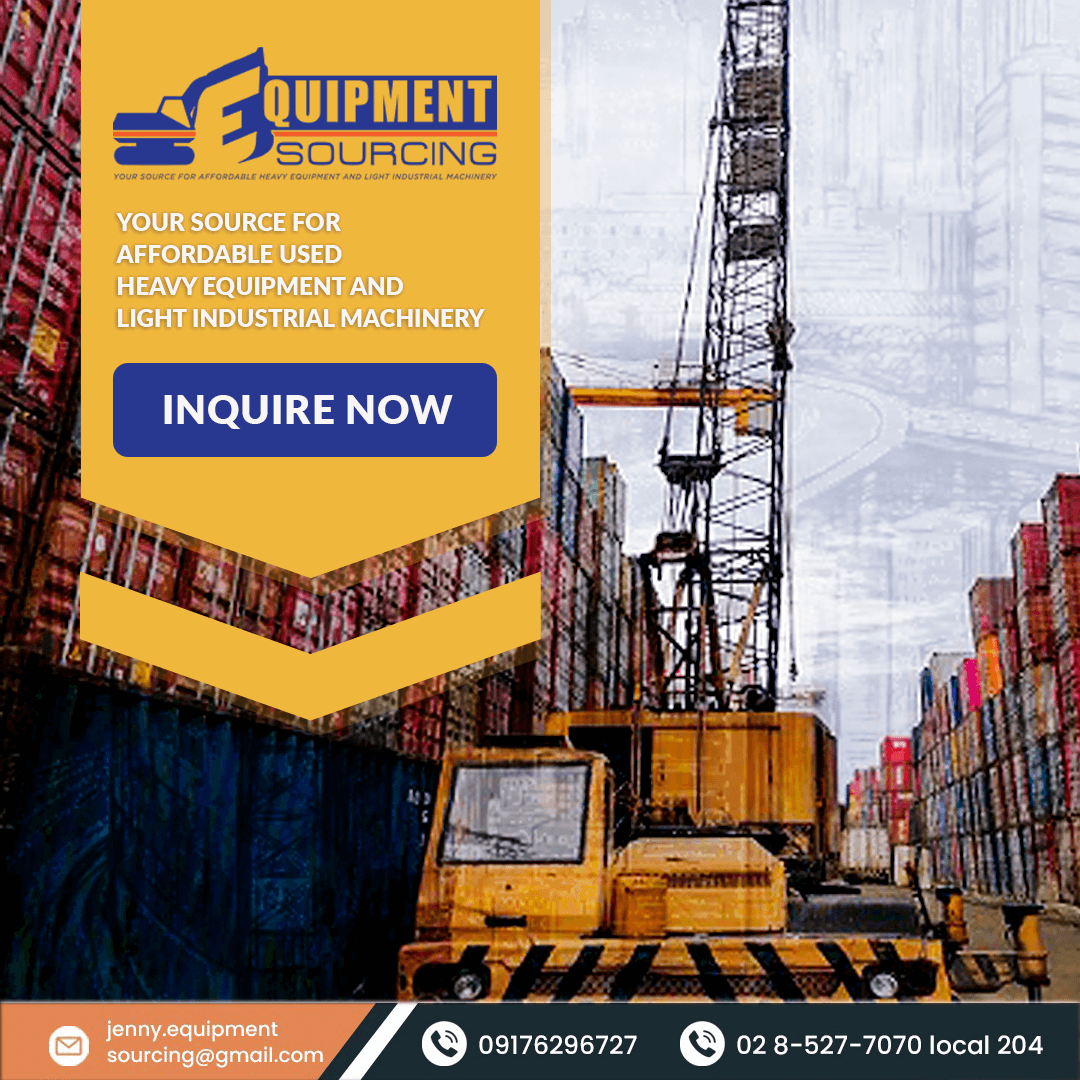92599d3dba058844f9002fd200cdbda1
92599d3dba058844f9002fd200cdbda1

Operational and maintenance is the care and minor maintenance of equipment using procedures that do not require detailed technical knowledge of the equipment’s or system’s function and design. This category of operational maintenance normally consists of inspecting, cleaning, servicing, preserving, lubricating, and adjusting, as required. Such maintenance may also include minor parts replacement that does not require the person performing the work to have highly technical skills or to perform internal alignment. As the term implies, Operational maintenance, is performed by the operator of the equipment.
Some operational maintenance responsibilities can be as simple as inspecting the machine to spot any changes or issues. This allows the operator to detect a potential danger, such as loose fasteners or debris that could contribute to an accident. Basic cleaning, including removing debris or excess grease from a machine, is also considered part of operational maintenance.
Depending on the type of equipment in use, operators may also be responsible for replacing worn out filters or cartridges, or removing and replacing a worn belt, cutting tool, or grinding stone.
Operational maintenance may entail keeping machinery well lubricated to reduce the risk of friction or failure. Many basic machine adjustments needed during the course of operation also fall within this category of preventative maintenance.
EHS Principles : Our EHS programs are guided by core principles:
Some operational maintenance responsibilities can be as simple as inspecting the machine to spot any changes or issues. This allows the operator to detect a potential danger, such as loose fasteners or debris that could contribute to an accident. Basic cleaning, including removing debris or excess grease from a machine, is also considered part of operational maintenance.
Depending on the type of equipment in use, operators may also be responsible for replacing worn out filters or cartridges, or removing and replacing a worn belt, cutting tool, or grinding stone.
Some operational maintenance responsibilities can be as simple as inspecting the machine to spot any changes or issues. This allows the operator to detect a potential danger, such as loose fasteners or debris that could contribute to an accident. Basic cleaning, including removing debris or excess grease from a machine, is also considered part of operational maintenance.
Depending on the type of equipment in use, operators may also be responsible for replacing worn out filters or cartridges, or removing and replacing a worn belt, cutting tool, or grinding stone.
Operational maintenance may entail keeping machinery well lubricated to reduce the risk of friction or failure. Many basic machine adjustments needed during the course of operation also fall within this category of preventative maintenance.
We recognize that development is a continuous process and we strive to be at the forefront of changes in our field.
We are dedicated to acting with integrity and honesty in all our actions.
Quality control, or QC for short, is a process by which entities review the quality of all factors involved in production. Controls include container inspection, where every container is examined visually, before the container is sold into the client. Inspectors will be provided with lists and descriptions of unacceptable product defects such as cracks or surface blemishes.